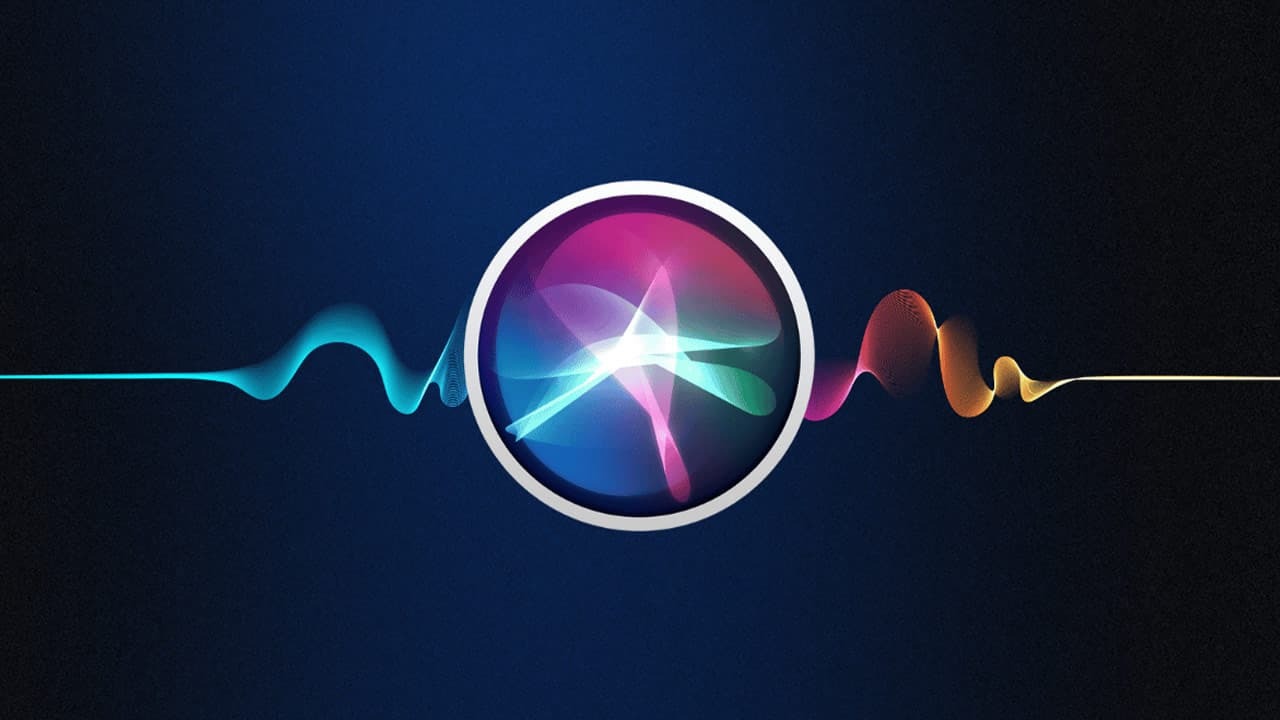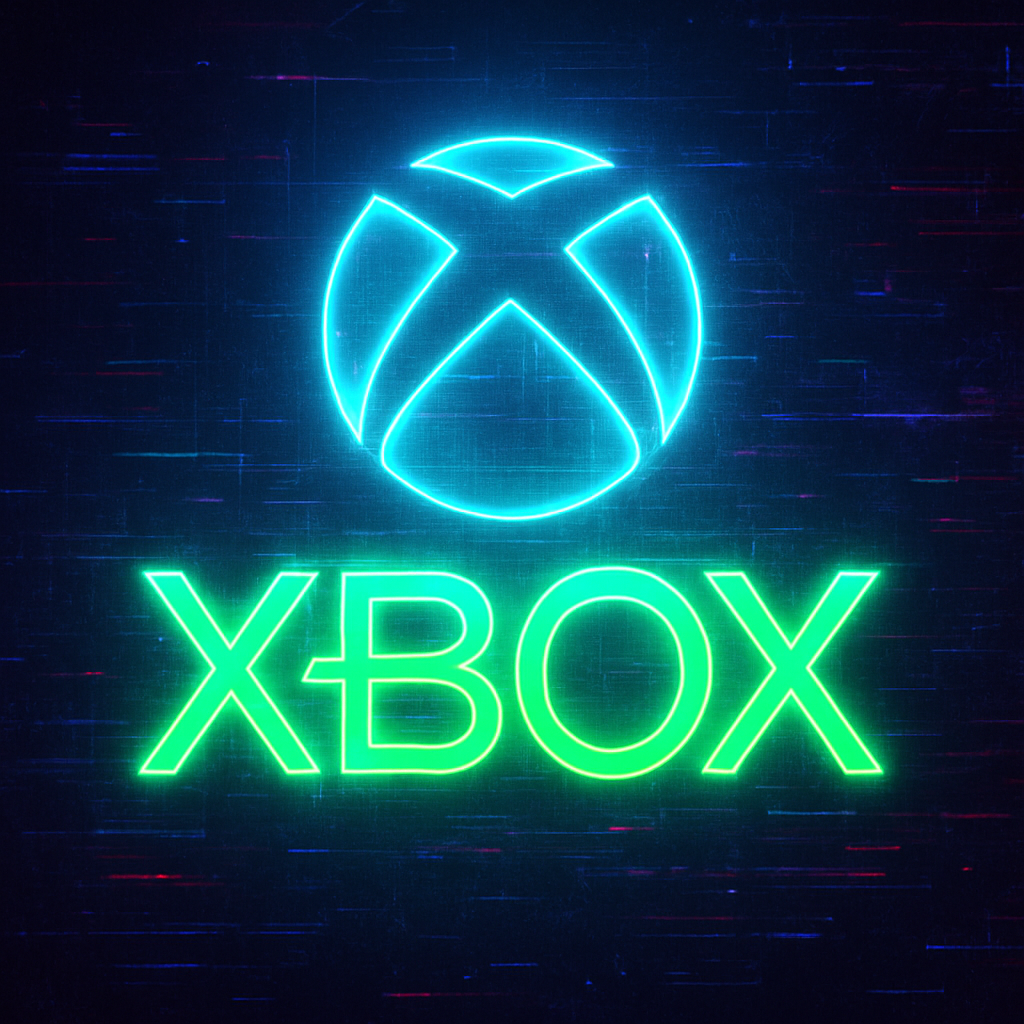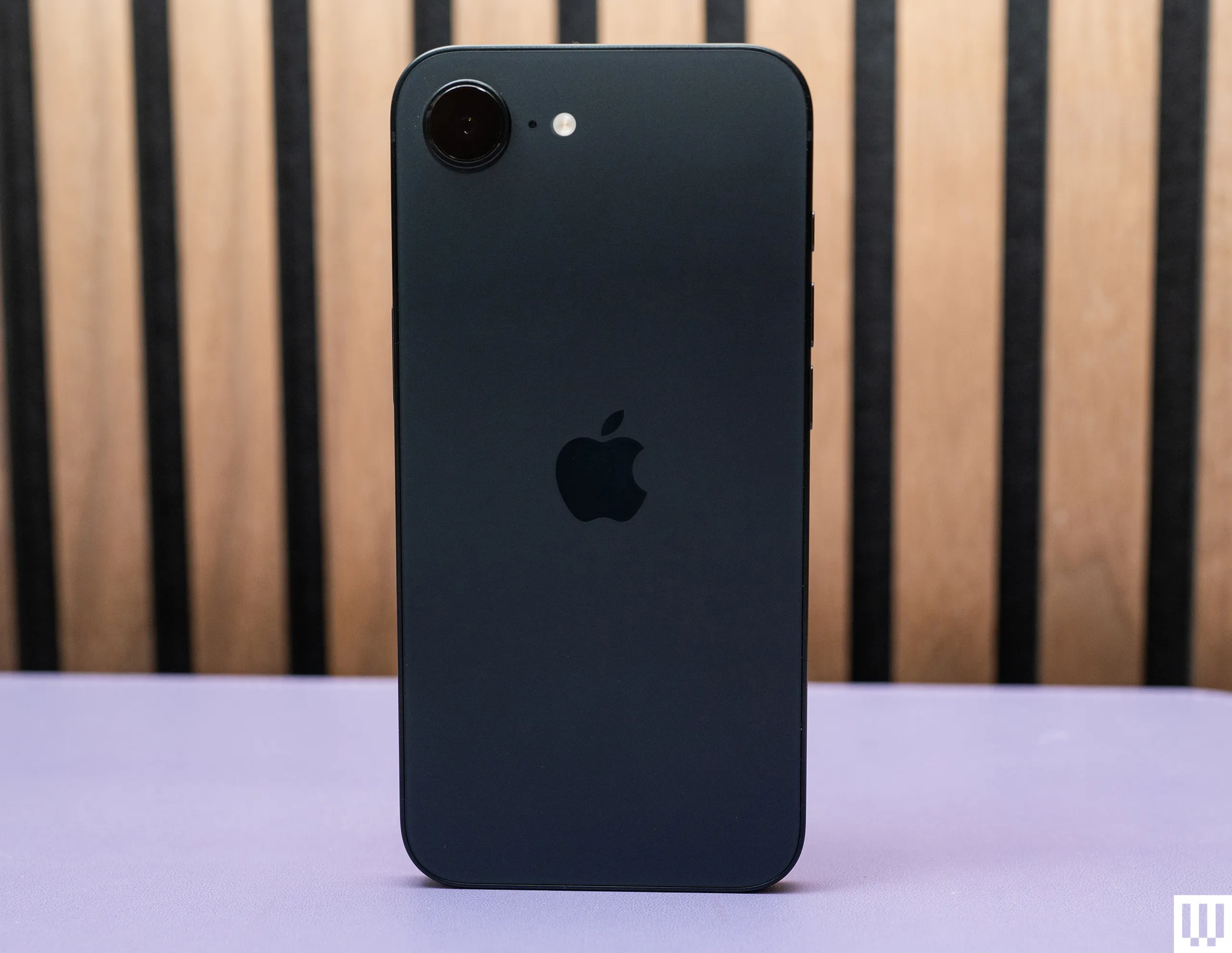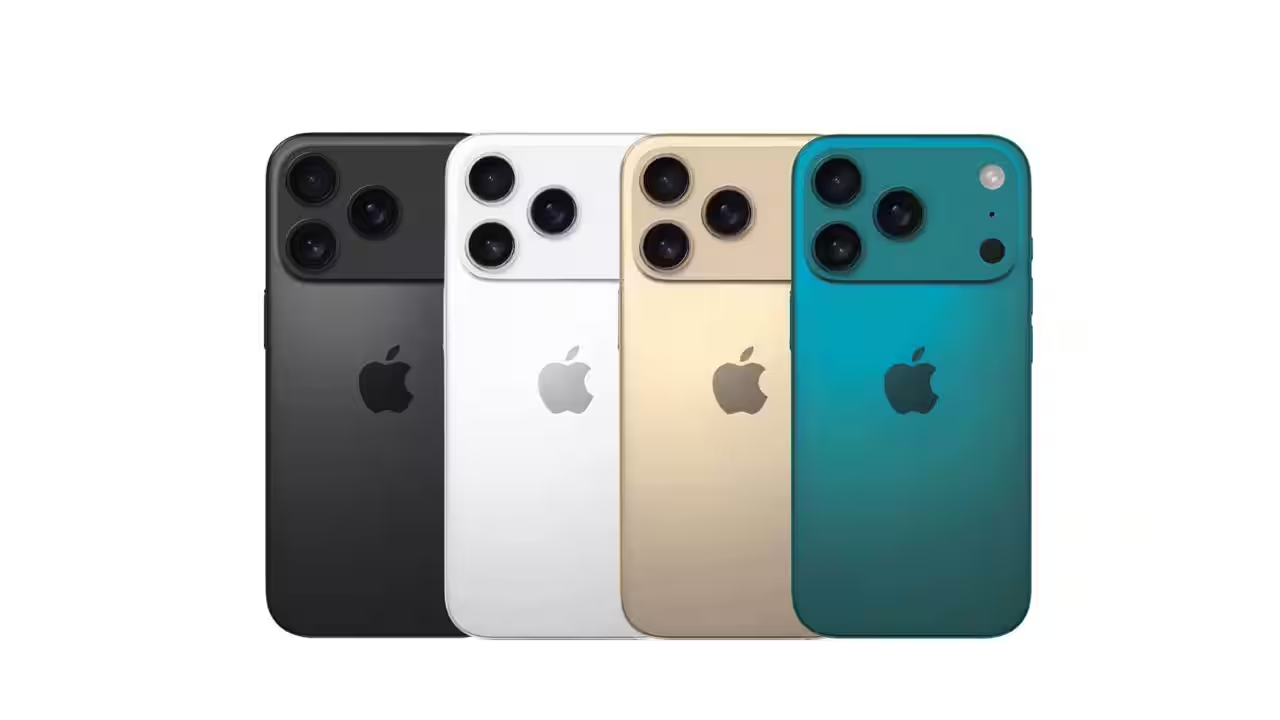Table of Contents
In a significant turn of events, Apple has reached a confidential settlement in a legal dispute involving claims that its Siri voice assistant used the voice of actress Julissa Marquez without proper authorization. The case, filed by Marquez in 2023, accused the tech giant of using her voice for Siri and licensing it for commercial use — all without her consent.
The Lawsuit: How It Began
The lawsuit, originally filed in California, alleged that Apple had hired Marquez in 2019 to record a series of scripted voice clips under the pretense of internal testing. However, according to the complaint, those recordings were later embedded in Siri, Apple’s virtual assistant, and even licensed to third parties — all without compensating or informing her.
Julissa Marquez, best known for her role in the 2001 film South Central, argued that Apple’s use of her voice violated her publicity rights and constituted unjust enrichment. The lawsuit sought damages and a halt to the continued use of her voice in Siri.
Apple’s Response and Legal Strategy
Apple denied the allegations, stating it had not misused any voice recordings and that Marquez had consented to the limited use of her voice for internal machine-learning purposes. The company moved to dismiss the case in 2023, arguing that Marquez misunderstood the scope of her agreement.
Despite these arguments, the case progressed through the courts and drew widespread attention from tech ethicists and privacy advocates. Legal analysts noted that the outcome could set a precedent for how AI-generated content and voice models are handled in commercial applications.
Settlement Details Remain Confidential
As of May 2025, both parties have agreed to settle the case out of court. The terms of the settlement remain confidential, though court filings indicate that a financial agreement and non-disclosure clauses were part of the deal.
Neither Apple nor Marquez has issued a public statement regarding the settlement. However, sources familiar with the matter suggest that the tech company may now be reassessing its voice model acquisition policies to avoid similar issues in the future.
Implications for Voice Assistants and AI Ethics
This case highlights a growing concern in the AI and voice tech industries: how companies source and use real human voices. As AI-generated assistants become increasingly lifelike, the line between technological innovation and ethical use of personal data continues to blur.
Legal experts argue that voice actors must be fully aware of how their voices are being used, especially when it involves long-term deployment in widely used products like Siri, Alexa, or Google Assistant.
This settlement may encourage other performers to examine the fine print in contracts with AI developers and push for clearer guidelines around consent and commercial use.
Final Thoughts
Apple may have closed the chapter on this lawsuit, but the broader conversation is far from over. As AI continues to evolve, companies will need to navigate the complex territory of consent, compensation, and human identity in digital formats.
FAQs
1. Who filed the lawsuit against Apple?
Julissa Marquez, an actress, filed the suit claiming Apple used her voice without permission in its Siri voice assistant.
2. Was the voice actually used in Siri?
The lawsuit alleged that Apple embedded her voice in Siri and licensed it to third parties. Apple denied these claims but ultimately settled.
3. What was Apple’s defense?
Apple stated that the recordings were only used for internal AI training and that Marquez had agreed to the terms, although this was contested.
4. What does this mean for future voice actors and AI models?
This case sets a precedent for voice rights in AI. Performers are now more likely to demand transparency and legal protections before contributing to voice-based AI systems.
You may like to read about :
Rising Video Game Prices : Industry Leaders Warn of $100 Titles and Growing Costs
Budget Camera Showdown: iPhone 16E vs Pixel 9a – Which One’s the Real Deal in 2025?




